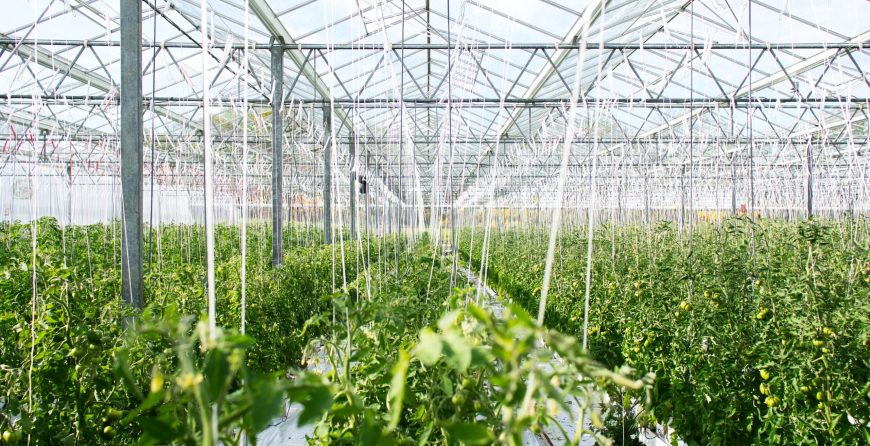No self-respecting gardener that has dangerous plants in their garden wants to be caught without plant markers. Though the risk of poisoning by plants in Iowa is slim, some garden plants can cause serious skin reactions and allergies.
If you’ve never used plant markers in your organic vegetable garden, now is the time to do so. Not only do plant labels help you remember how to take care of your plants, but they can also remind you how dangerous some of them can be. Plus, when you use markers from a company like MCG, you’re using markers made out of organic biomass materials!
What are the risks?
Ingestion:
- Children are most at risk for ingesting harmful plants. If you have outdoor cats and dogs, they are also at risk. Don’t leave them unattended in your garden otherwise, they could ingest some of the harmful plant buds and leaves.
- Some plants cause only minor digestive discomfort if eaten, but nonetheless, the risk isn’t worth it.
- There are quite a few common garden plants that can be toxic (see below).
Contact:
- Sap from some plants can cause a burning sensation, which can lead to blistering
- Poisonous plants sometimes contain chemicals called allergens that don’t affect everyone. Some individuals are more sensitive, however, and suffer allergic reactions.
Keep the following in mind:
- Don’t eat non-food plants
- Tell your kids not to play with or eat growing plants
- Wear gloves every time you prune and weed your plants
- Keep your skin covered when you’re in the garden
- Don’t leave prunings or unrooted plants out for farm animals or pets
- Read all plant labels and check for toxicity warnings
What do you do when there’s an issue?
Skin contact or human ingestion:
- If your child has eaten part of a questionable plant, go to the emergency room immediately. It’s tempting to call poison control but you’re better off seeking medical attention as fast as you can.
- Bring a sample of the plant with you.
- Remain calm – don’t panic – and don’t try to make the person sick.
Animal ingestion:
- Speak to your veterinarian if you suspect your pet has eaten a poisonous plant. Visit your nearest emergency vet if your pet shows signs of sickness, anxiety, or illness.
- Bring a sample of the suspected plant.
Three poisonous garden plants
- Tomatoes: The fruit of tomato plants isn’t poisonous but the leaves, roots, and stems are heavy in tomatine, an alkaloid that’s mildly toxic to people. Now, it won’t kill you unless you consume a ton of it, but it will cause some stomach distress.
- Cherries, Apples, and Apricots: We all know that cherries, apricots, and apples are delicious but their seeds are not. In fact, the seeds and pits of these fruits are hard, unpleasant, and bitter. If you swallow one it’s no big deal, you’ll just pass it out, but mass amounts can lead to some serious uneasiness.
- Rhubarb: A favorite of many Iowa farmers and gardeners, rhubarb is a strange plant. The stalks are perfect for many recipes, but the leaves are poisonous. Rhubarb leaves can lead to kidney failure in humans, so be sure to stay away!
How MCG BioMarkers® help
Keeping your garden safe is as simple as marking which plants you need to be cautious around. Once you plant specific species year after year it’s easier to keep track of the poisonous ones, but if when you’re planting something new, include toxicity reminders in your labels.
Trust the durable biomarkers from MCG to keep critical information handy throughout the growing season. Include all of the important information regarding a plant on your labels and attach them to your biomarkers. Once you’re ready to take your garden down for the year, you can remove the labels and use the MCG plant markers next year.
Conclusion
Ensure your garden is a safe haven by using MCG BioMarkers® to label your plants. Whether you’re getting to know certain vegetables for the first time or you’re taking your organization to the next level, MCG biomarkers can keep the info you need in your garden. Order yours online today!


